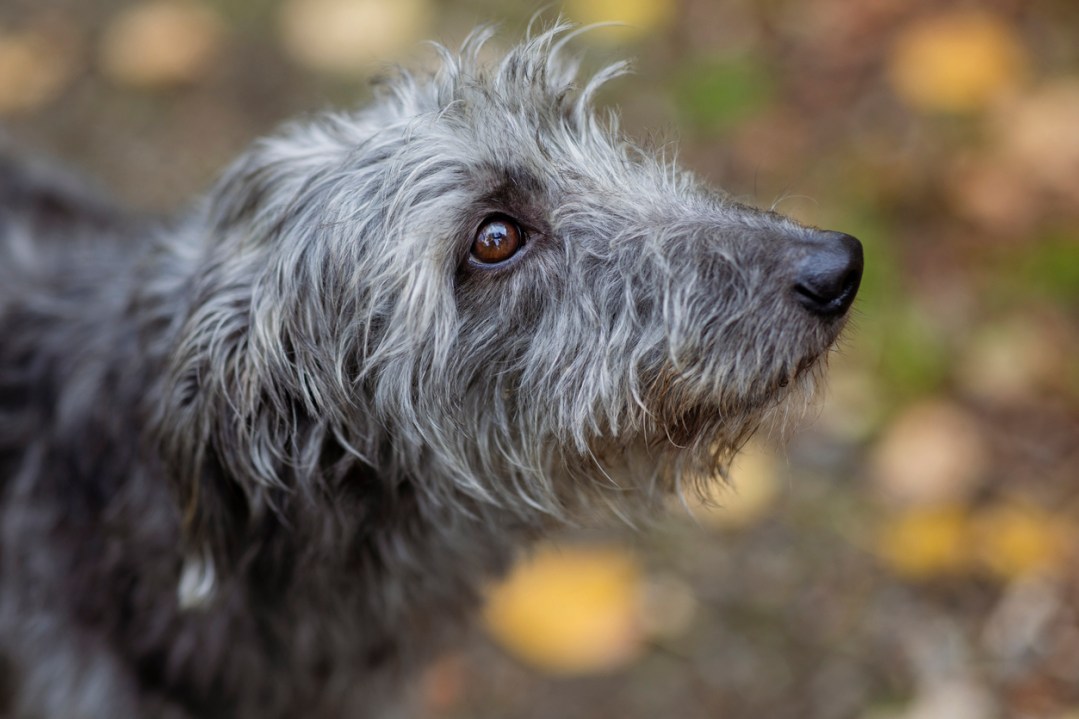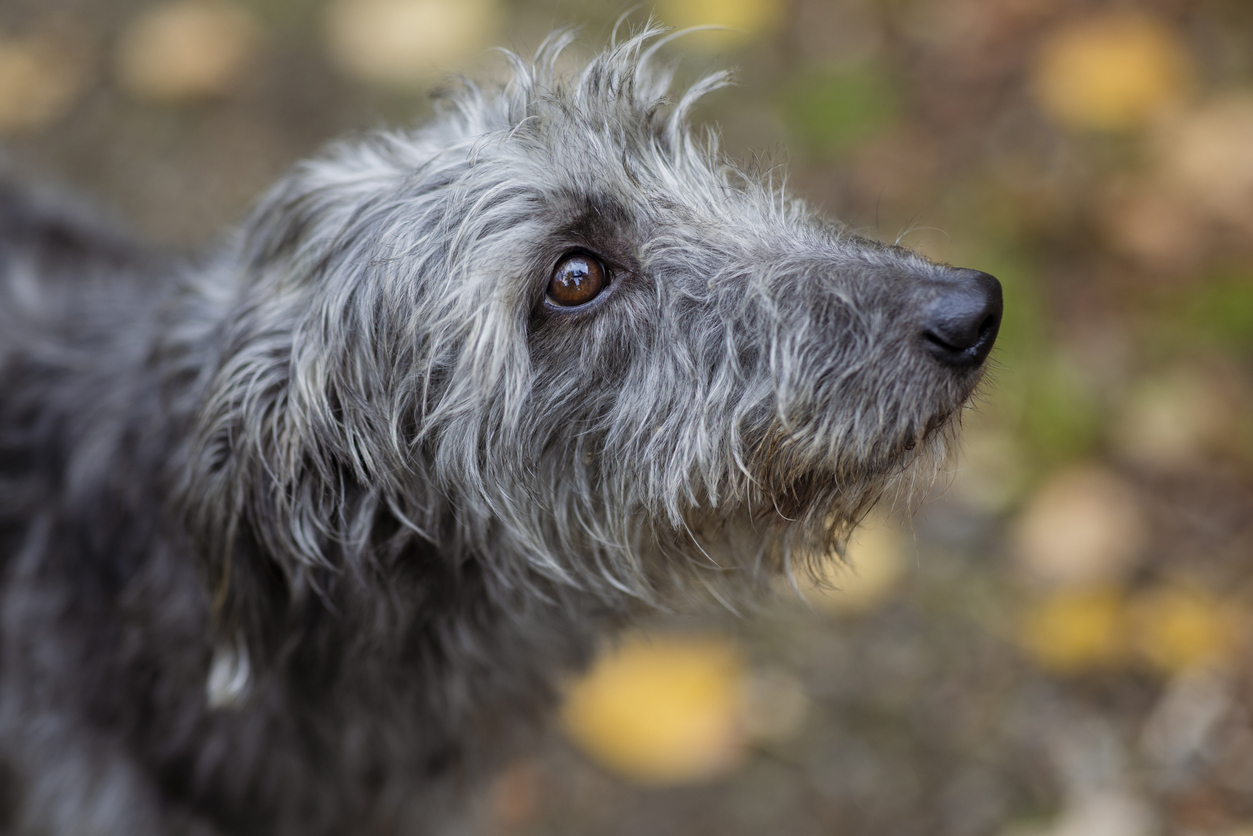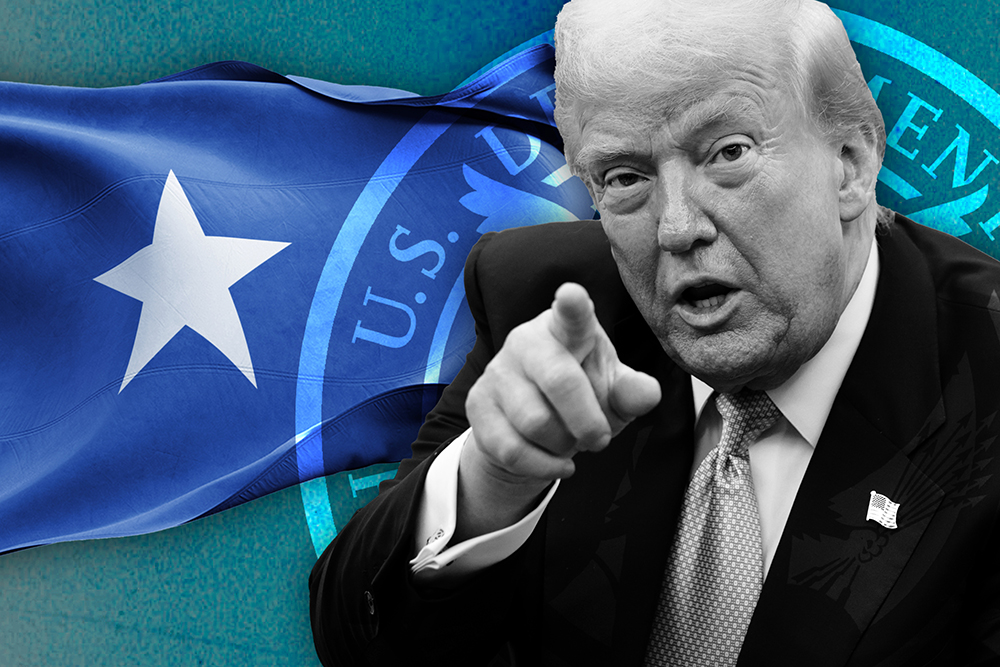The main benefits of dog ownership are well-known – you get companionship, unconditional love and the exercise that comes with taking the thing for a walk. But there’s a side-effect that no one ever mentions: having a dog teaches you what it’s like to be famous.
I’ll be sitting in a café, happily reading a book or doing a sudoku. Then someone appears. ‘Do you mind if I say hello to your dog?’ ‘Of course not,’ I reply. They start fussing about him, and there’s a brief exchange in which the essentials are disclosed. ‘Ralph’, ‘lurcher’, ‘we think he’s eight – the rescue centre guessed he was three when they picked him up off the street, and that was five years ago’. If they’re dog owners themselves they might produce a treat, get Ralph to do ‘sit’ and ‘paw’ so he can take it, at which I call him a tart, everyone has a laugh and that’s that. It takes a minute or two.
What would really bother me about being famous is losing the ability to people-watch
But as Stephen Fry once said about being stopped for selfies, it’d be all right if it only happened once a week. What if it happens every two minutes? The cumulative effect can become a problem. It seems churlish to complain, but on a bad day, especially if Ralph’s giving people the eye because they’ve got their own dog with them and he knows treats are on the cards, things can get trying. Not ‘leave me alone you unfeeling bastards, this invasion of my privacy is driving me mad,’ levels. Just enough to get on my nerves.
Even as the irritation registers, I feel guilty. Most of the time I love Ralph being fussed over. You get into some fascinating conversations (some people even admit to buying a dog as a pulling tool), and the sum of human contentment is almost always increased. So on the odd occasion it does get a bit too much, my desire to avoid the encounter is quickly followed by the thought that I should get over myself. I’m reminded of Harry Enfield, who was once walking in the countryside and encountered a stile whose mechanism briefly confused him. As he struggled to open it, someone approached and said: ‘Now I do not believe you wanted to do it that way.’ ‘And you,’ Enfield snapped back, ‘don’t want to be the millionth person this week to recite one of my catchphrases at me.’ He stormed off – then instantly hated himself for his reaction.
It’s particularly bad when a parent approaches with their young child. ‘Is it OK if… ?’ they hesitantly enquire, and I say, ‘of course’ and tell the kid why we called him Ralph – ‘it sounds like a dog barking – “Rulf”’ – and the kid giggles and the parent starts asking questions and I’m thinking ‘can you please just go away, I’m sure that’s a seven in the top right hand square of my sudoku and you’ve interrupted my train of thought’. Simultaneously I’m thinking, ‘For God’s sake Mason, pack it in. It’s not as though you’re George Clooney being mobbed at an airport.’
You can find yourself doing the ‘avoiding eye contact’ thing that becomes second nature for celebrities. I always think what a pity that is. Clive James once said that the average person couldn’t imagine what it was like, ‘to have several hundred uninstigated conversations every day’. This was his fate at the height of his television fame, and he recognised the danger: ‘You’ll be abrupt and short with someone you should be talking to.’ That person might have been genuinely interesting, told you something you wanted to know, but the other 99 bores have made you shut down. ‘You have to protect yourself. It’s sheer self-defence. I hated that.’
I’m always amazed at the patience shown by the famous. They keep moving, they never really engage but they never snap either. Paul McCartney is legendarily good at it, and if he can avoid losing his rag then anyone can. Mick Jagger has a skilful way of not getting trapped – after a brief chat he’ll politely say ‘how nice to have met you’. But despite the celeb’s best efforts, things sometimes go wrong. Jim Davidson says he’s often interrupted during meals by someone gushing, ‘I love you, Jim, I think you’re brilliant, I’ve always loved your shows, can I have a selfie?’, and when he says, ‘I’m really sorry, but do you mind, I’m eating,’ their reply is ‘I hate you, I’ve never thought you were funny’.
All of which, of course, is a long way from occasionally getting a bit narked that too many people want to fuss over your dog. But the principle is the same. It’s a reminder that what would really bother me about being famous is losing the ability to people watch, which is one of my favourite hobbies. Anonymity allows you to muse on the fascinating cast of strangers that pass before your gaze, eavesdrop on snatches of their conversations, generally be entertained by the variety show called Other People. But when Ralph is with me, and he attracts people’s attention, that anonymity is lost, or at least compromised. You go from being a watcher to being watched.
Clearly I wouldn’t be without my dog, or indeed miss out on most of the social encounters he leads to me having. It’s just that, once in a while, I wish he’d keep his pointy head down a bit.








Comments